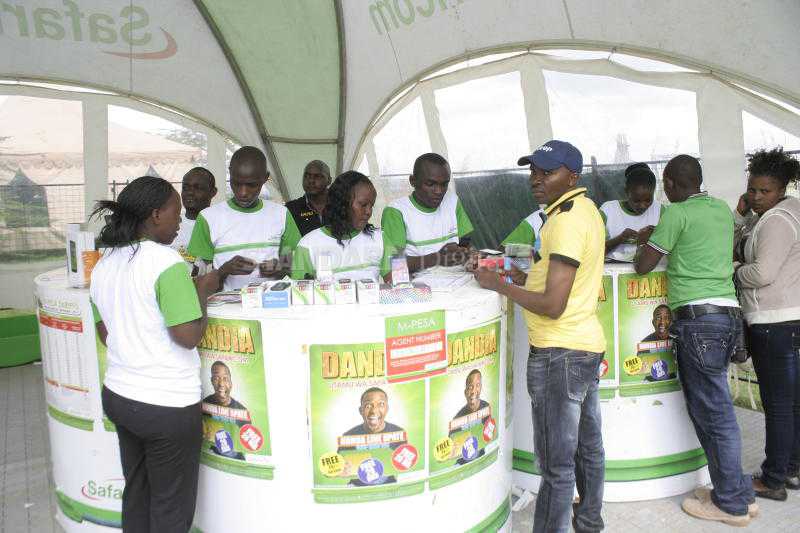×
The Standard e-Paper
Smart Minds Choose Us

Mobile service provider Safaricom has gained a reprieve after the firm contracted to assess competition in the telco industry backed down from an earlier proposal to split the company.
UK consultancy firm Analysys Mason said yesterday it changed its tune after consultations with industry players.